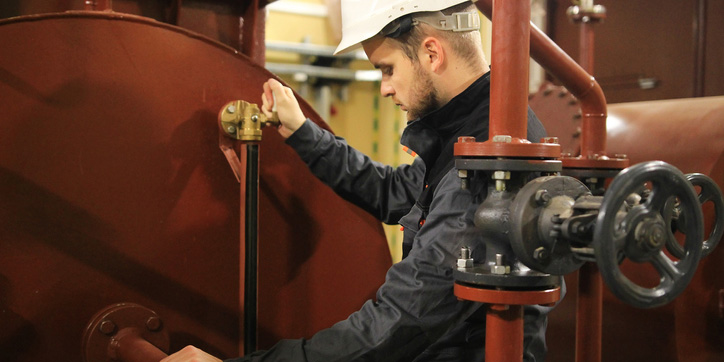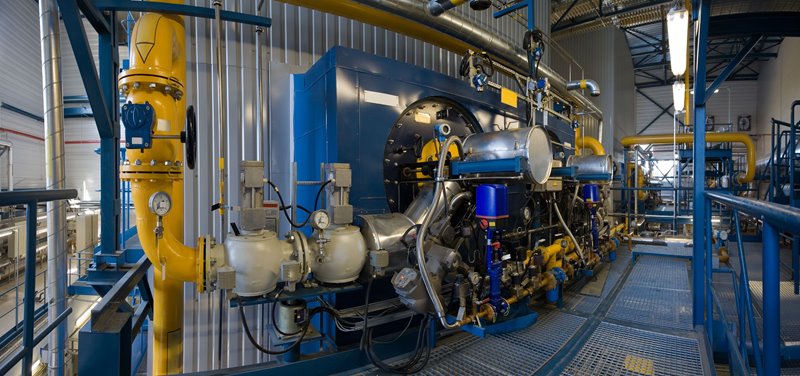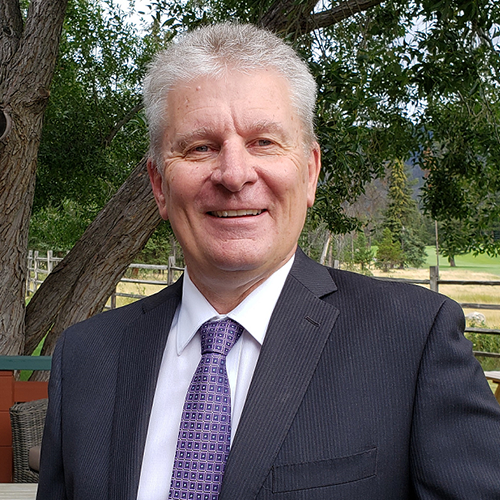Are you focused on in-service boilers and fire pressure equipment, and need to understand requirements of the codes and standards, jurisdictional guidelines, and recommended best practices better? Leveraging real-world industry expertise, this course provides a comprehensive overview of the cross-industry organizations’ requirements, classification of the equipment, and provides insight into authorized inspection, repairs, and quality control of boilers and fired pressure equipment.
For in-service boiler or fired pressure equipment, ongoing inspection, repairs, and alterations are critical for safe and reliable continued operation.
Authorized inspection is not only required by most jurisdictions, but it determines operational integrity and reliability of boiler and pressure equipment.
The purpose of inspection is to determine operational integrity, ensure reliability, and improve performance of boiler plants and fired pressure vessels.
Such equipment is required to be inspected at a regular interval by an inspector who is qualified by a jurisdiction or by the plant owner.
The inspection is performed in accordance with the jurisdictional requirements, inspection standards or national codes and ensures that boilers are maintained and optimized for peak performance in conjunction with the original code of construction.
Leveraging authentic, real world examples, attendees will perform calculations for inspection, repair, and alteration scenarios as well as practice writing reports for inspection, examination, and testing.
The techniques and requirements of boiler inspection are covered by the following Codes and Standards:
- NB23 – 2023 National Board Inspection Code
- ASME POM 101 – 2013 (R2019) Performance – Related Outage Inspection
- ASME POM 102 – 2014 (R2019) Operating Walkdowns of Power Plants
- ASME Section VI – 2023 Recommended Rules for the Care and Operation of Heating Boilers
- ASME Section VII – 2023 Recommended Guidelines for the Care of Power Boilers
- API RP 573 – 2013 Inspection of Fired Boilers and Heaters
By participating in this course, you will learn how to successfully:
- Identify the appropriate codes and standards for inspection, repair, and alteration based on the types of boilers and fired pressure equipment.
- Identify degradation and failure modes of pressure equipment.
- Determine methodologies for repairs to pressure equipment.
- Apply jurisdictional requirements for inspection, repair, and alteration of boilers and fired pressure equipment using the latest technology.
- Explain how to conduct inspection and testing of pressure relief values and causes of failures, and deterioration mechanism.
- Identify required components of a Process Safety Program and why Mechanical Integrity is important.
- Develop written reports based on the results of inspection, examination, and testing.
Topics include:
- Boiler and Fired Pressure Equipment Classification
- Quality Control Programs
- Installation
- Inspection
- Repairs and Alterations
- Overpressure Protection
- Process Safety Management (PSM)
Who Should Attend?
This course has been designed for the personnel responsible for inspection, repair, and alteration of all types of boilers and fired pressure equipment, including, owners, mechanical engineers, inspectors, repair personnel consultants, plant supervisors and managers, as well as refinery inspectors, reliability engineers and maintenance engineers.
Course Materials (included in purchase of course)
Digital course notes via ASME’s Learning Platform
This ASME Virtual Classroom course is held live with an instructor on our online learning platform.
Certificate of completion will be issued to registrants who successfully attend and complete the course.



